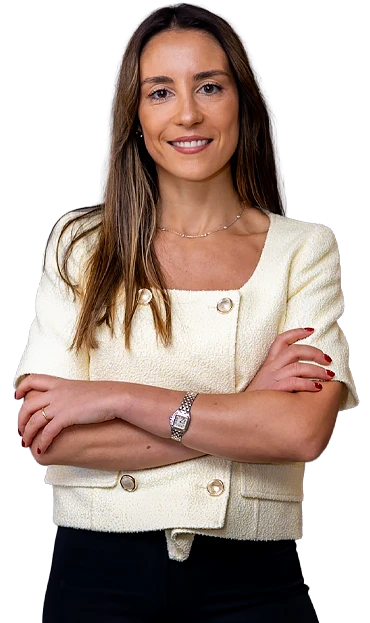What is Lymphedema?

Lymphedema arises due to the accumulation of a fluid, lymph, in the soft tissues of the body, usually in the legs and arms.
Lymph is made up of water, proteins, fat and waste products from cells.
Lymph nodes are the structures responsible for filtering lymph. Once they've completed their task, they return the "purified" lymph to the bloodstream.
When, for some reason, lymph nodes and/or lymphatic vessels are removed or damaged, lymph tends to accumulate, causing swelling (edema) in the limbs.

Lymphedema: Symptoms
This problem may not manifest itself for a long time after damage to the lymph nodes or vessels. Some people only develop symptoms after 15 years.
Lymphatic problems can initially begin to manifest themselves through certain signs, such as:
- Pain and redness of the skin on the limbs;
- Weakness or feeling of heaviness or tension;
- Stiffer wrists and ankles, with less flexibility;
- Rings and tight shoes.
Some people develop chronic lymphedema. In these cases, a small wound, scratch, or even an insect bite can cause a serious and difficult-to-treat infection, lymphangitis.

Lymphedema: causes
Many people with lymphedema have had surgery or radiation therapy to treat certain types of cancer—especially breast or testicular cancer.
But there are other causes and factors that influence its appearance, such as:
- Burns;
- Aging;
- Rheumatoid or psoriatic arthritis;
- Obesity;
- Surgery on blood vessels in the limbs.
There are cases where a person is born with this condition, but this is very rare. In most patients, this condition arises after an injury to the lymphatic system.
Lymphedema Treatment
Preventive measures for legs and arms
If you have someone in your family with lymphatic problems, you should pay special attention to certain signs.
There are preventative measures that help reduce swelling and prevent possible complications:
- Avoid tight clothing and jewelry;
- Avoid crossing your legs when sitting;
- Wash the affected limb with absolute regularity, especially immediately after exercise, drying it thoroughly but gently and applying moisturizer;
- Avoid violent efforts with the affected limb;
- Wax only with an electric shaver.
These habits are easy to include in your routine and help minimize the problem and prevent complications.
Necessary exams
During the first consultation, a detailed clinical history is taken and a physical examination is performed, attempting to establish the probable cause.
To reach a final diagnosis, several tests can be performed:
- Magnetic resonance imaging (MRI) or computed tomography (CT): allows the detection of characteristic patterns of lymphedema in soft tissues;
- Eco-Doppler: important to exclude the presence of thrombi in the veins of the legs, ruling out an alternative diagnosis;
- Lymphoscintigraphy: an examination that can follow the flow of lymph along the lymphatic vessels, analyzing the speed at which this occurs.
Chronic lymphedema
In this case there is no consensus as to the best treatment.
Some therapies, however, alleviate symptoms, such as:
- Manual lymphatic drainage;
- Specific exercises performed while wearing compression stockings or bandages;
- External pumps that help the movement of lymph throughout the body.
Surgery is reserved for very specific cases: situations in which the arms or legs are so bulky that they impede normal movement.
Medical Specialist
in Lymphedema
Dr. Joana de Carvalho
- Graduated from the Faculty of Medicine of the University of Porto
- Specialist in Angiology and Vascular Surgery
- Fellow of the European Board of Vascular Surgery
- Member of the College of Phlebology

Specialist Doctor
in Lymphedema
Prof. Doctor Sergio Sampaio
- Graduated from the Faculty of Medicine of the University of Porto
- PhD from the Faculty of Medicine of the University of Porto
- Specialist in Angiology and Vascular Surgery
- Fellow of the European Board of Vascular Surgery

Medical Specialist
in Lymphedema
Dr. Filipa Jácome
- Specialist in Angiology and Vascular Surgery
- Master's Degree in Medicine, from the Abel Salazar Institute of Biomedical Sciences (ICBAS)
- Guest Lecturer at the Faculty of Medicine of the University of Porto (FMUP)
- She was awarded 5 scientific merit awards.












